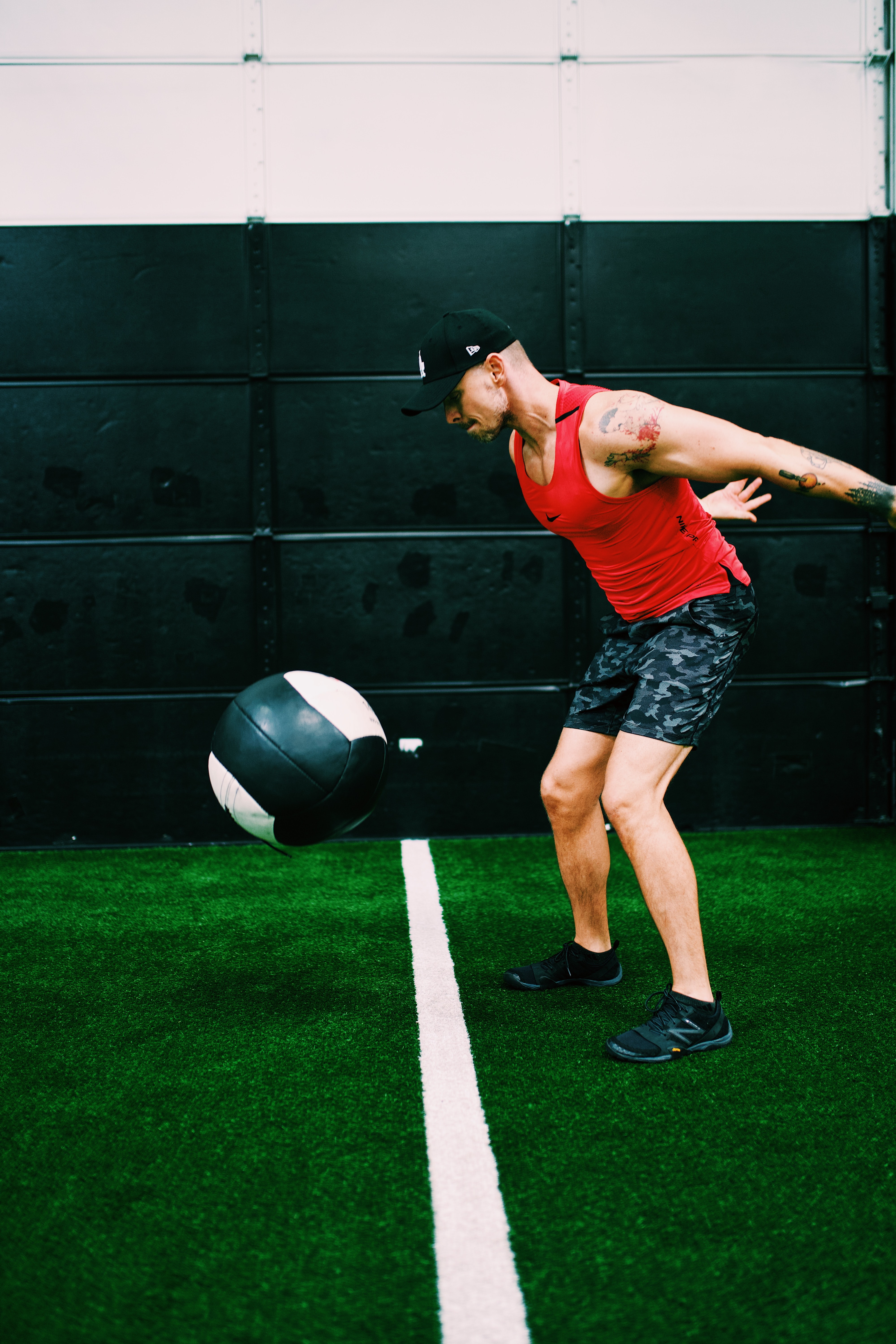
Sports medicine emphasises the importance of physical activity in promoting excellent physical and mental health benefits, but by nature, there is an inherent risk of injury. Addressing both athletes and non-athletes, sports medicine works to bridge the gap between exercise science and medicinal practice for the prevention and treatment of sporting injuries. Sports-related medical practices can vary from strength and conditioning for injury prevention to treatments such as injections, rehabilitation and osteopathic manipulation. But why is this so important?
Injury prevention
Exercise is one of the best things we can do for our body; however, injuries are common and can often impact our daily lives. The most common causes of sports injuries are improper or poor training practices, wearing improper sporting equipment, being in a state of poor health, or incorrectly warming up and stretching before participating in exercise or sporting events. Sports medicine focuses on preventing injuries through education and by:
- Developing a fitness plan that incorporates strength training, cardiovascular exercise, and flexibility/mobility,
- Addressing any underlying issues that may result in recurring injuries,
- Ensuring you use the correct equipment and perform exercises in the correct way to prevent injury,
- Encouraging participation in adequate rehabilitation following a sports injury,
- Looking at alternative treatment options, such as regenerative medicine, if you suffer from recurring injuries at the same site.
Shorter recovery times
Returning to sports following an injury can often be a lengthy and difficult process; however, having your recovery overseen by a sports medicine specialist can significantly improve this process. Physical therapy is a crucial component of sports medicine and assists recovery in the following three ways, shortening recovery times:
- Provides pain relief. The first priority following injury is to reduce pain and discomfort as much as possible as this often limits your ability to move freely and use your muscles. Physical therapy techniques, including taping, electrical stimulation, and ultrasound, can assist in reducing this pain in the short-term, shortening the recovery process whilst you focus on rehabilitation.
- Improves mobility. If an injury arises, you are often immobile for a period of time which can have a drastic impact on your mobility. Sports medicine can help you regain this lost mobility using strength exercises and stretching, enhancing your recovery. Moreover, if needed, our specialists may suggest the use of crutches to help promote movement in the short-term.
- Avoids unnecessary surgery. Surgery is the final option if all other recovery techniques have been exhausted, as it can often be career-ending for athletes or result in lengthy recovery periods. Sports medicine may prevent surgery by offering injury prevention. However, if surgery is still required, sports medicine is crucial in recovery.
Our team of sports and exercise medicine experts at Opus will work with you to rapidly assess, diagnose and plan your treatment and rehabilitation. Get in touch to find out more about how our expertise and skills can assist you in your treatment and recovery.

Way cool! Some extremely valid points! I appreciate you
writing this post plus the rest of the website is also very
good.